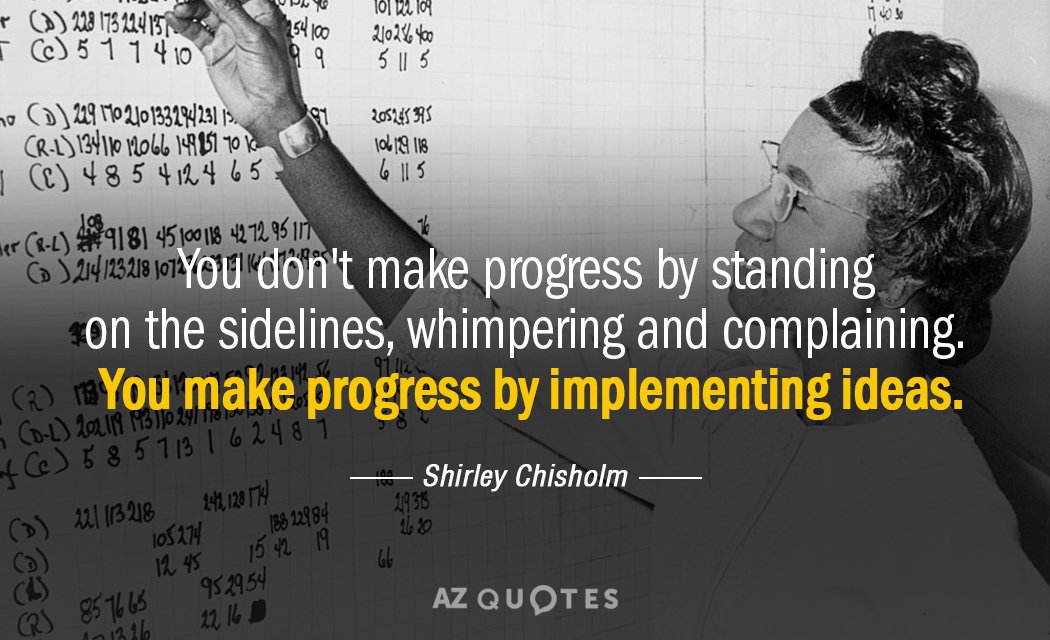Things they don’t teach you in school: Shirley Chisholm
Editor’s note: Each week the PW Perspective will be showcasing the pioneers, innovators and history makers that you don’t often read about in textbooks.
As more stories are coming out that Democratic Presidential Candidate Joe Biden is slated to name his potential Vice President this week, we thought we’d take a look back at pioneer who bravely set the precedent by declaring her own Presidential candidacy in the midst of drastic social and political changes , Shirley Chisholm (1924-2005). Chisolm was not only the first black woman to not only be elected to Congress, but also the first candidate for a major party’s nomination in 1972.
The 1970s were a time of great upheaval in the United States, with a country thoroughly divided over the war in Vietnam, and battles between not only the races, but the sexes at an all time high. Chisholm, who was born in Brooklyn, New York, was a highly traveled and educated young woman, learning about her West Indian culture while she lived in Barbados before coming back to the United States, earning her Bachelors degree from Brooklyn College. She excelled in debates and used that skill to advocate for the inclusion of black soldiers during World War II. Later she became a teacher, becoming an authority on educational issues, including child welfare.
Her political career began when she campaigned for Lewis Flagg Jr. to become the first black judge in Brooklyn. She also worked with white-dominated groups such as the Brooklyn Democratic Clubs and the League of Women Voters. Using her influence, she was able to incorporate the recruitment of more people of color into the club.
In 1964 she ran for an assembly seat in Brooklyn, winning its Democratic primary of that year. She then won the seat with more than 18000 votes, appealing to female voters for support. By 1968 she was elected as the Democratic National Committeewoman for New York State. However, her ambitions would not end there, as she ran for U.S. Congress’s 12th District in New York. Her campaign slogan, “Unbought and Unbossed,” became the name of her autobiography and later a documentary. Not only did she defeat two other black opponents, she also defeated the former director of the Congress of Racial Equality by a two-to-one margin, thus becoming the first black woman elected to Congress.
She was assigned to the House Agriculture Committee and utilized that post to create the Special Supplemental Nutrition Program for Women, Infant and Children (WIC) Program. As that was being completed, she began exploring her candidacy for President of the United States in 1971, with an official announcement being made in January 1972. Despite having to run an underfunded campaign, it was quite successful, with Chisholm receiving 430,703 votes, and many of them were from a diverse base. She became the first woman to appear in a presidential debate.
The remainder of her life was spent to being an educator as well as being involved politically, even after she left Congress in 1982. During that time, she improved opportunities for inner city residents and urged minorities to take place in the local level of politics. In 1991 she was inducted into the National Women’s Hall of Fame.



